Science and the Soul. Part I: The Human Intellect and Abstract Thought.
The first part of a two-part article arguing that the human intellect has capacities that cannot be understood as arising from matter alone.
Read More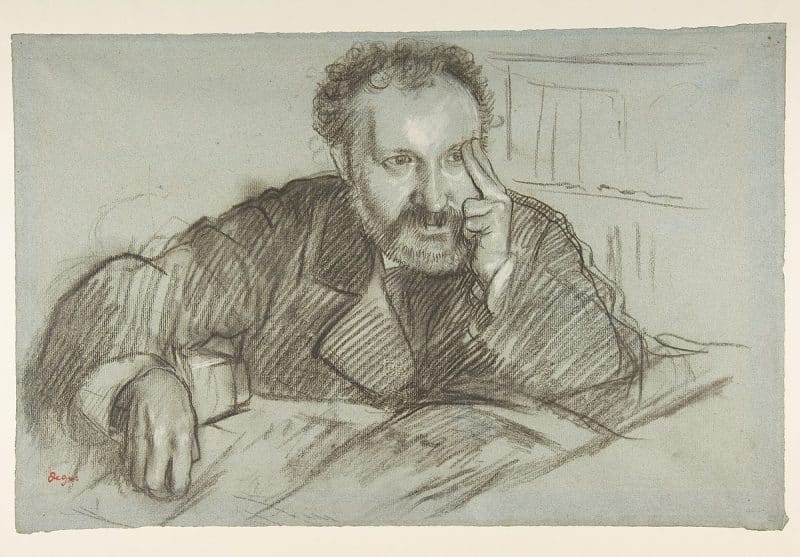
The first part of a two-part article arguing that the human intellect has capacities that cannot be understood as arising from matter alone.
Read More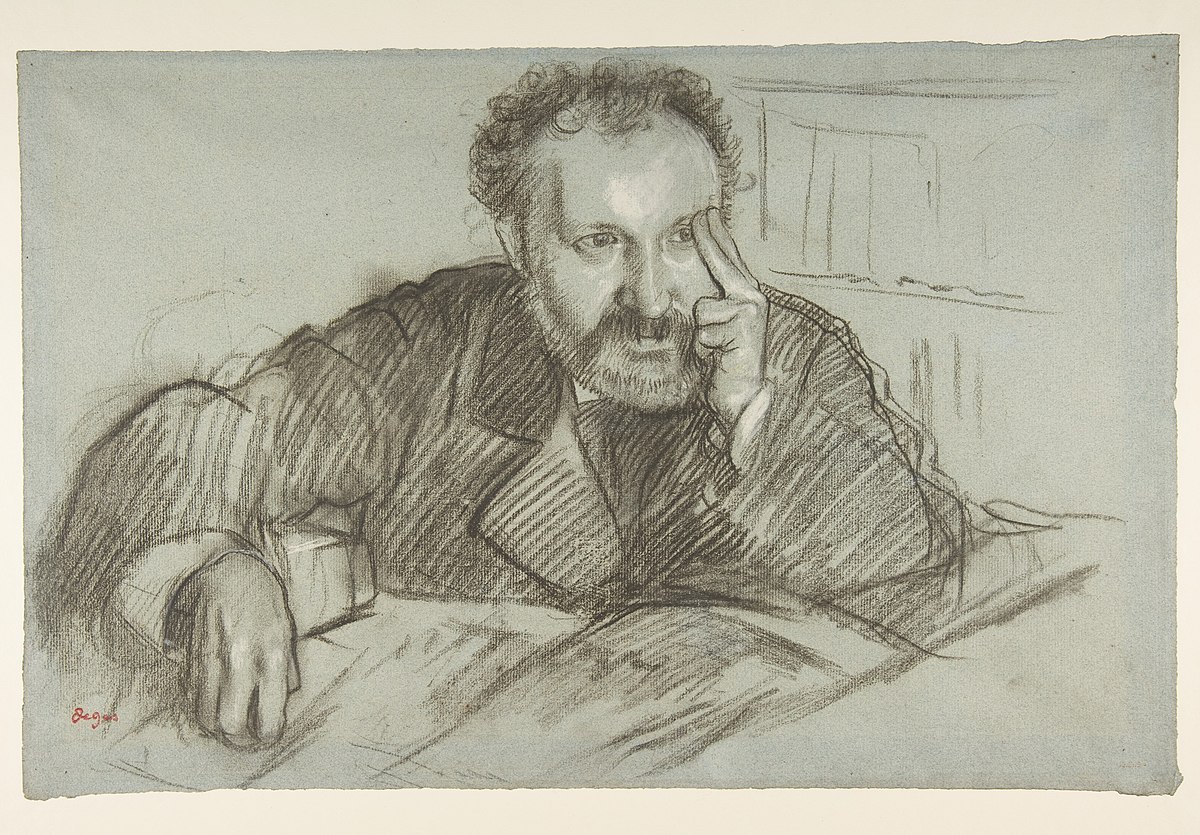
The first part of a two-part article arguing that the human intellect has capacities that cannot be understood as arising from matter alone.
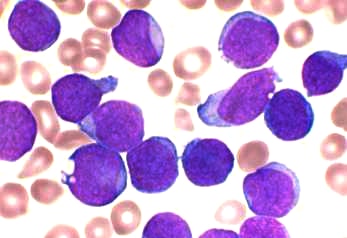
A pediatric oncologist reflects on the problem of evil in light of science and of faith.
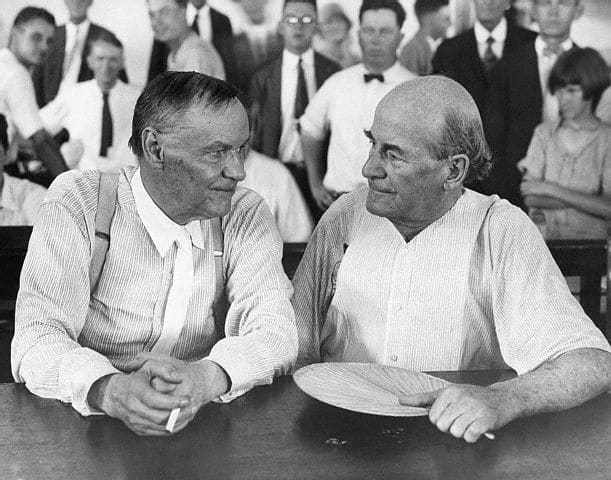
Prof. Kemp explodes a new myth that is starting to grow: namely that the famous Scopes trial of 1925 was really about Eugenics.
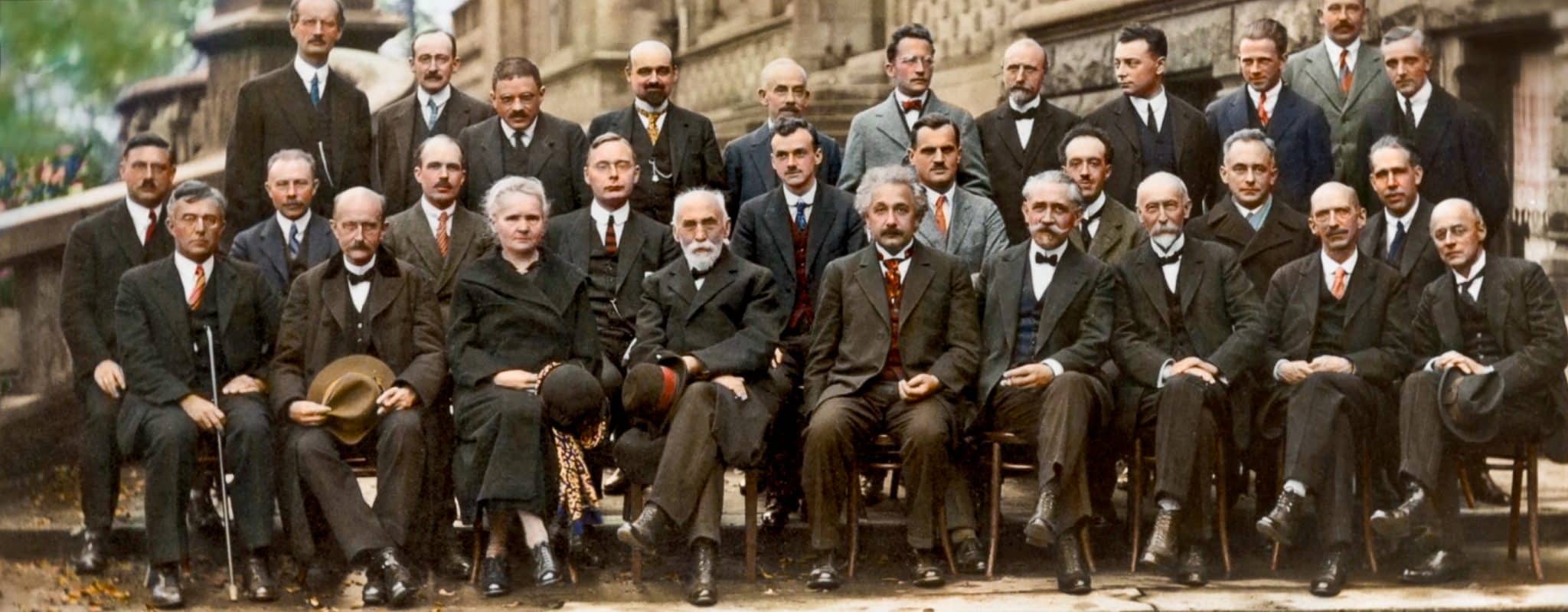
Some famous physicists have argued that quantum mechanics implies that minds are not entirely describable by physics.
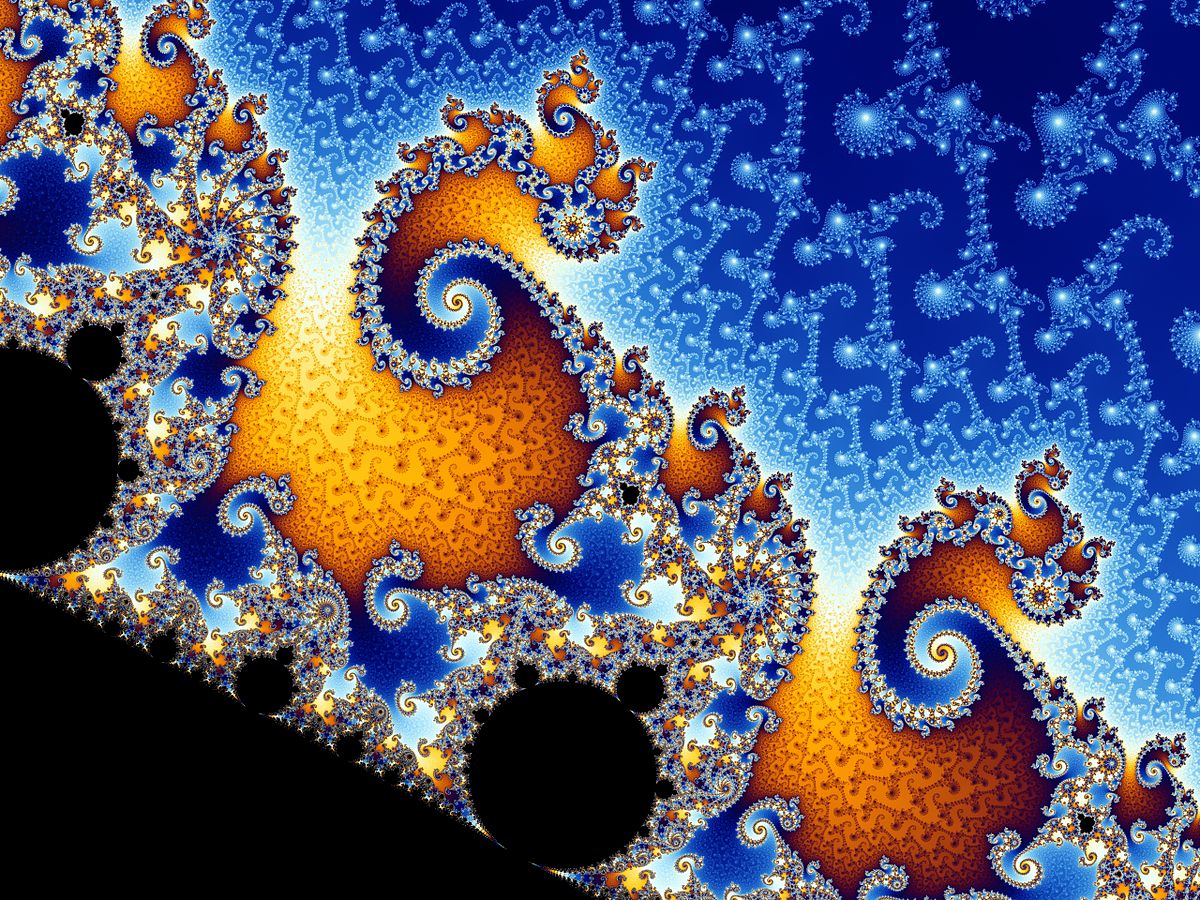
Both theology and science use analogy to understand realities that exceed the powers of human imagination.
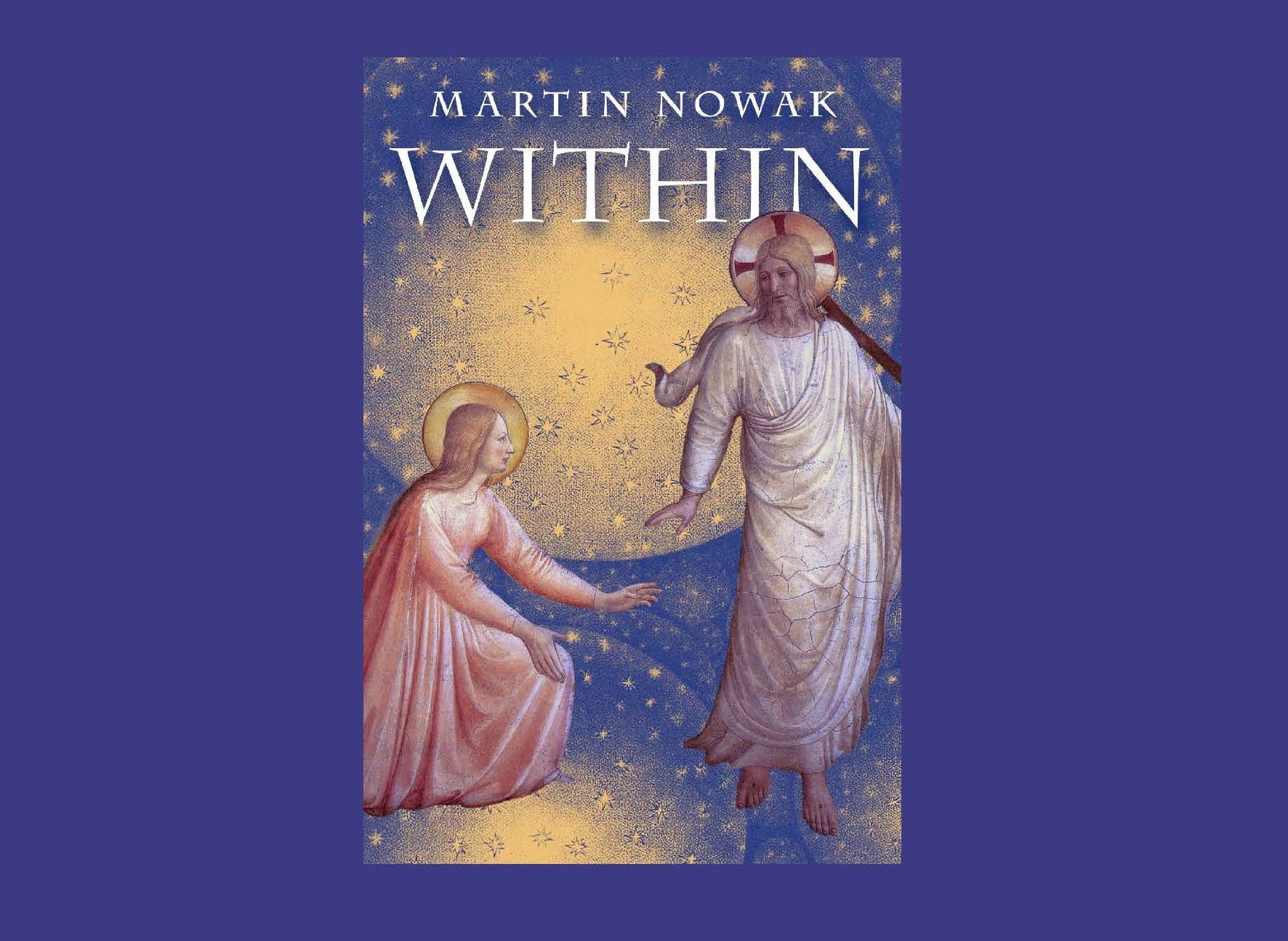
A biologist explains two ways in which evolution bring us to God.
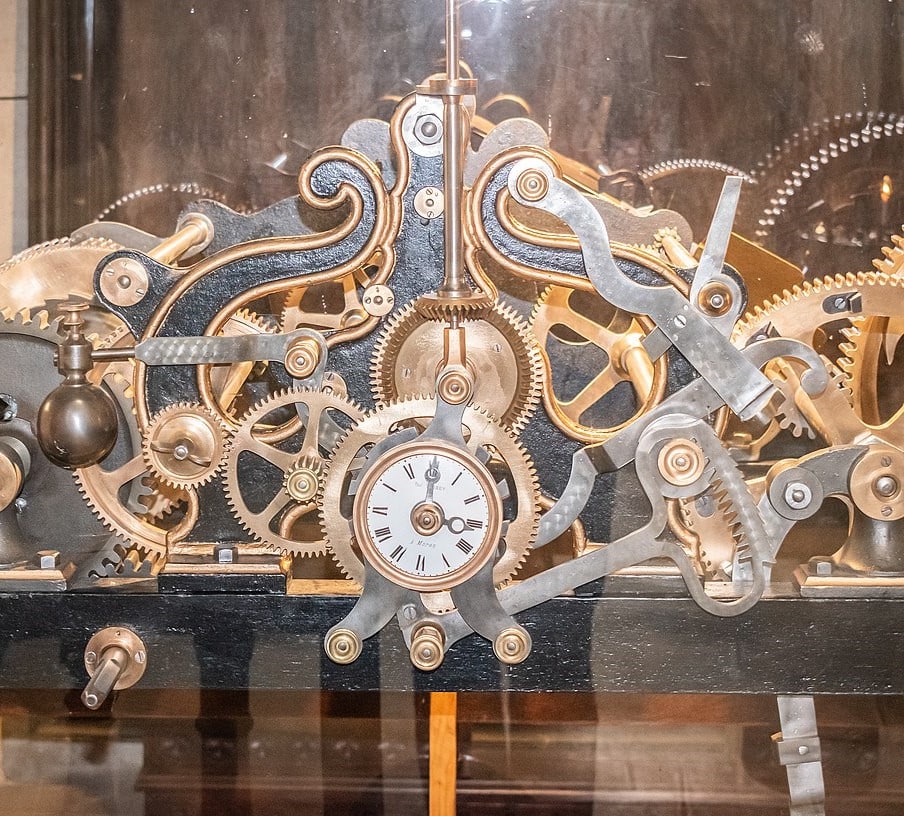
A philosopher sketches four arguments against the idea that humans are purely physical entities.
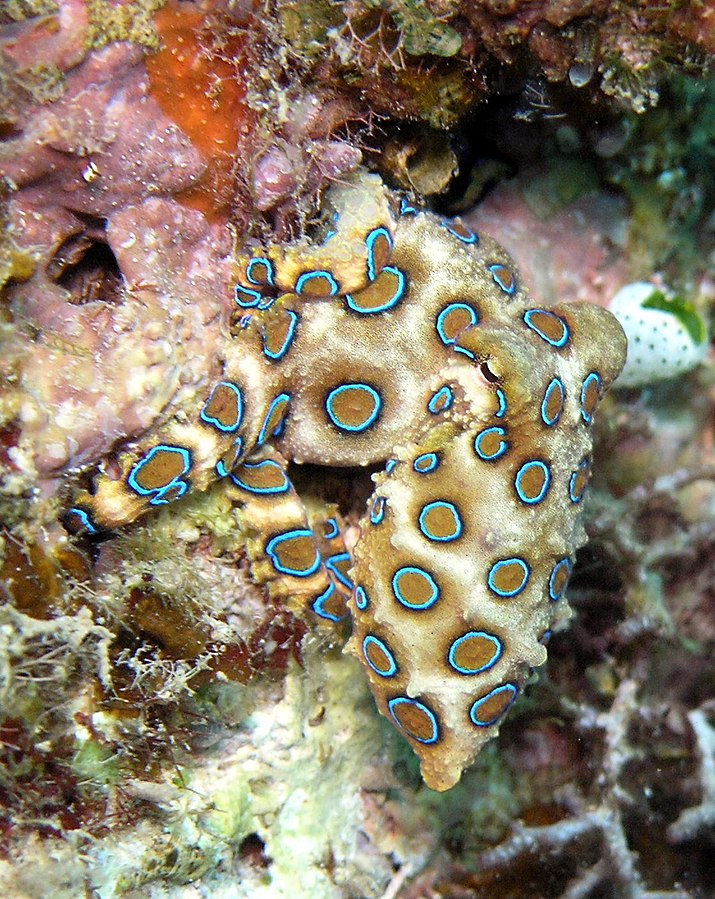
Many think that evolution reveals a world without plan, purpose or meaning. A biologist reflects on the meaning of evolution in the light of Christ.

Physics Nobel laureate Eugene Wigner famously asked about the “unreasonable effectiveness” of mathematics in understanding nature. A physicist suggests a religious answer.
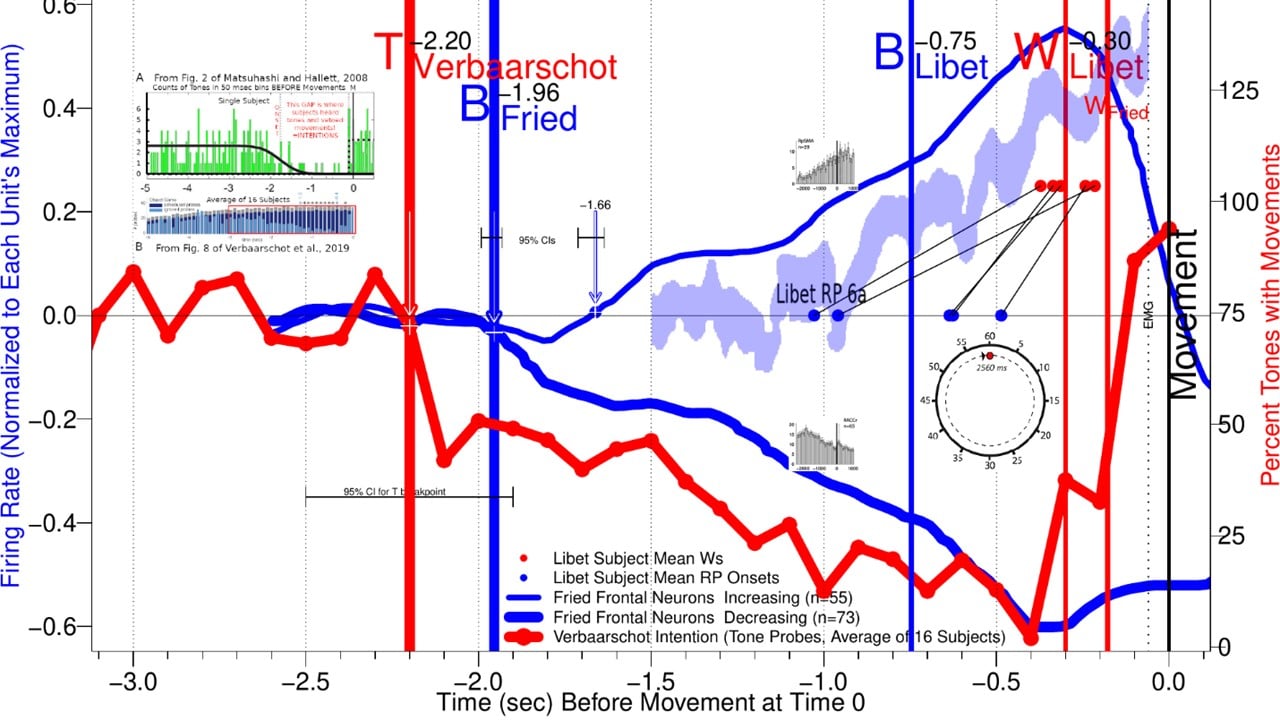
Since the 1980’s a famous experiment of Benjamin Libet has been interpreted by many as evidence that we do not have free will. More recent experiments have shown that this is wrong.
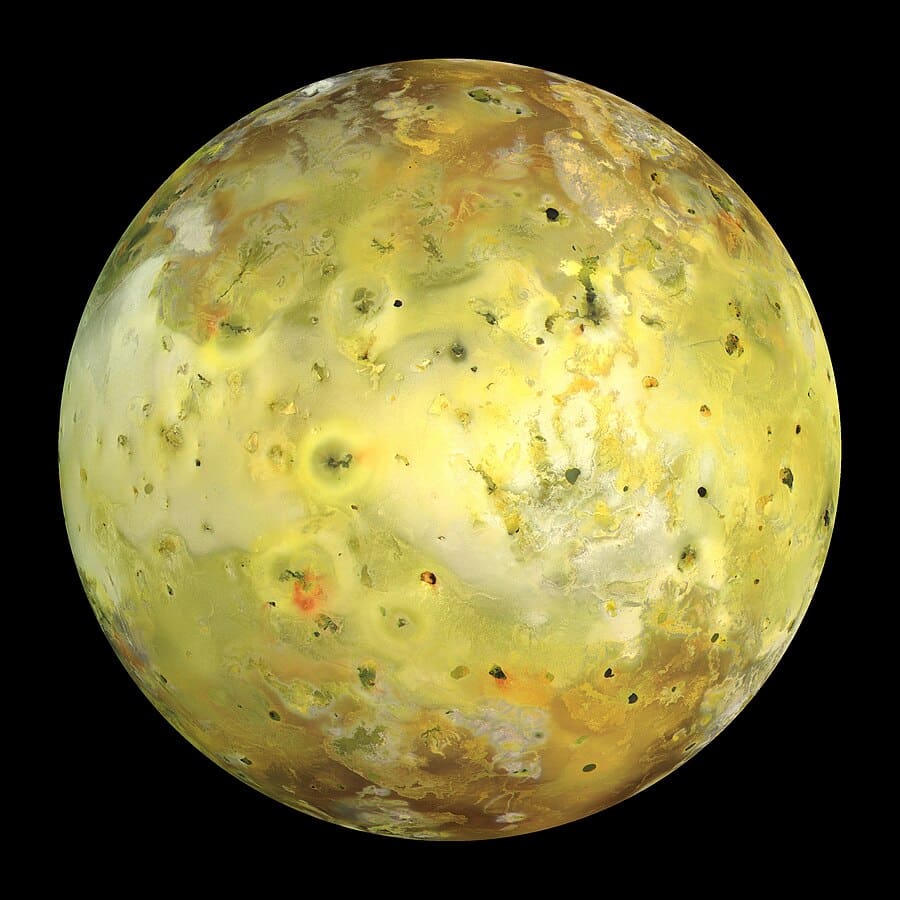
How likely is it that rational ET life exists? Would its existence be consistent with Catholic beliefs? How would such beings be redeemed?
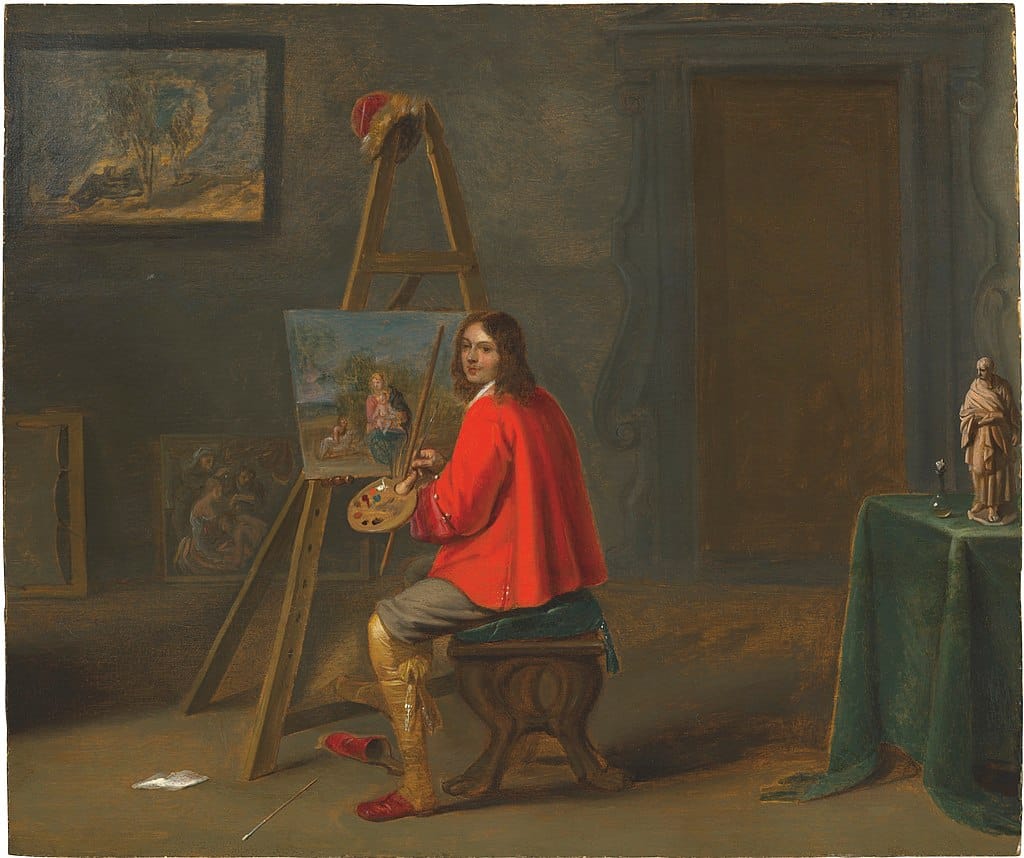
A philosopher argues that a machine cannot be self-conscious because it has no self.

The story of the intertwined lives of three pioneering women of science, who were also women of faith.
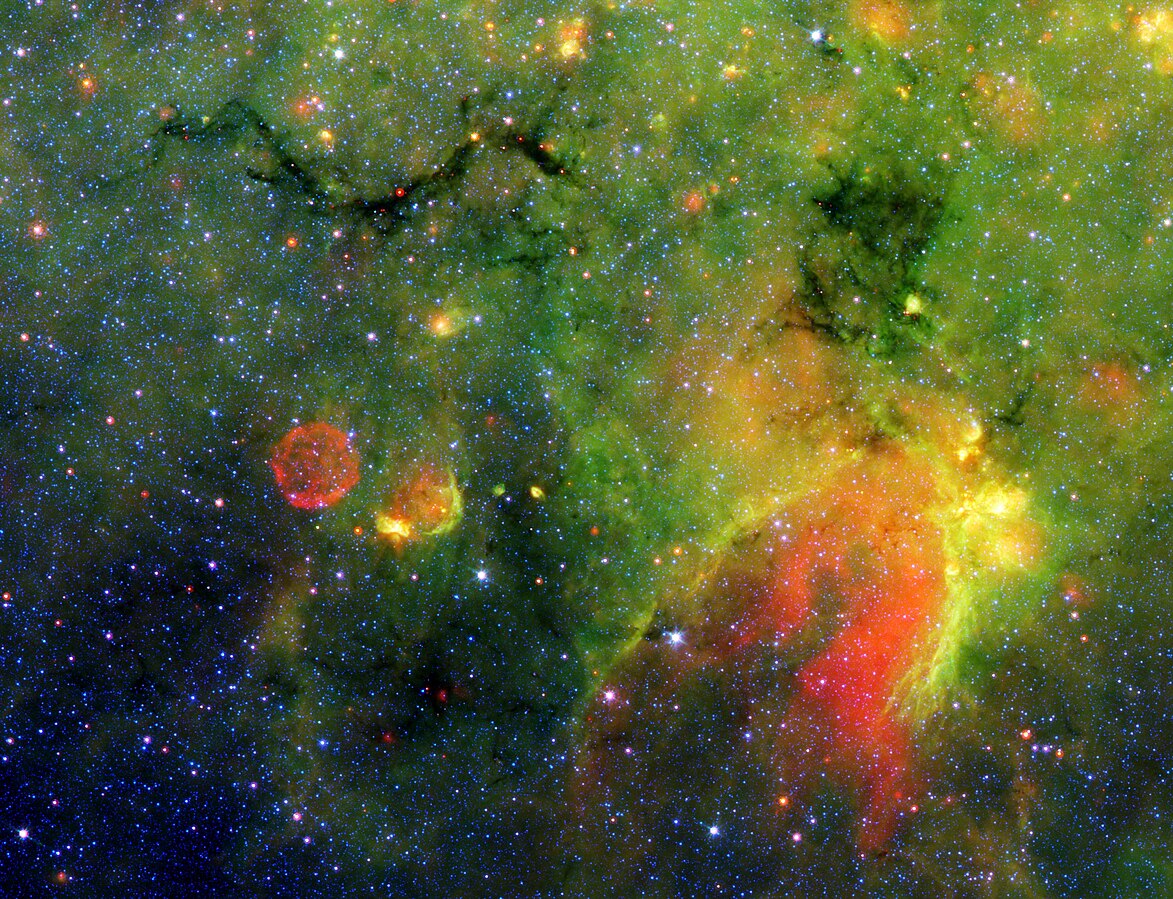
The idea that there may be intelligent life in other parts of the universe has been discussed by Christians for many centuries.
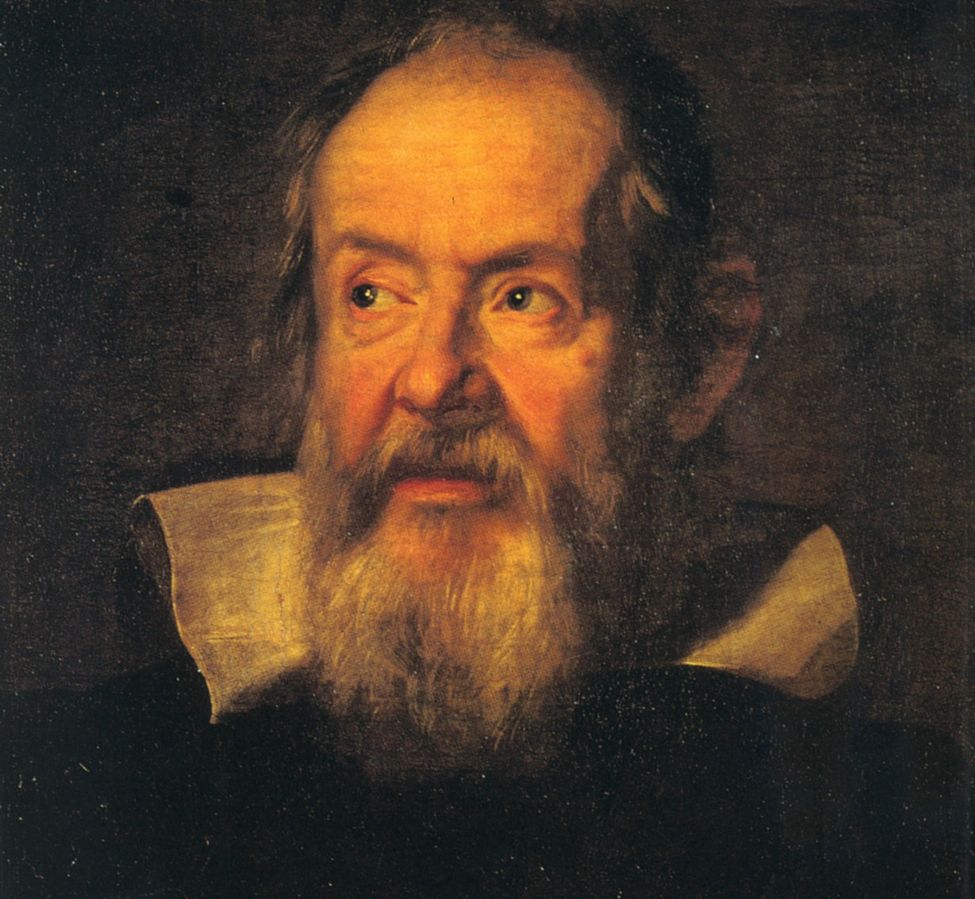
Pope St. John Paul II wrote that Galileo was “more perceptive” about scriptural interpretation than the theologians who opposed him. This article explains why.
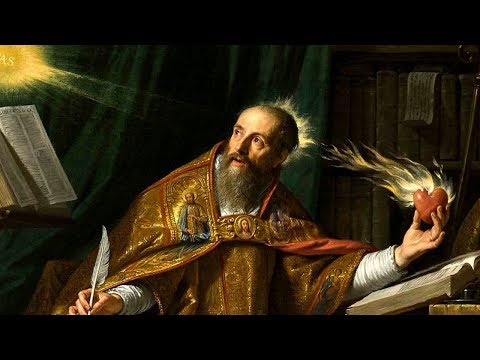
How the Church has looked upon the relation of faith and science from antiquity to the twenty first century
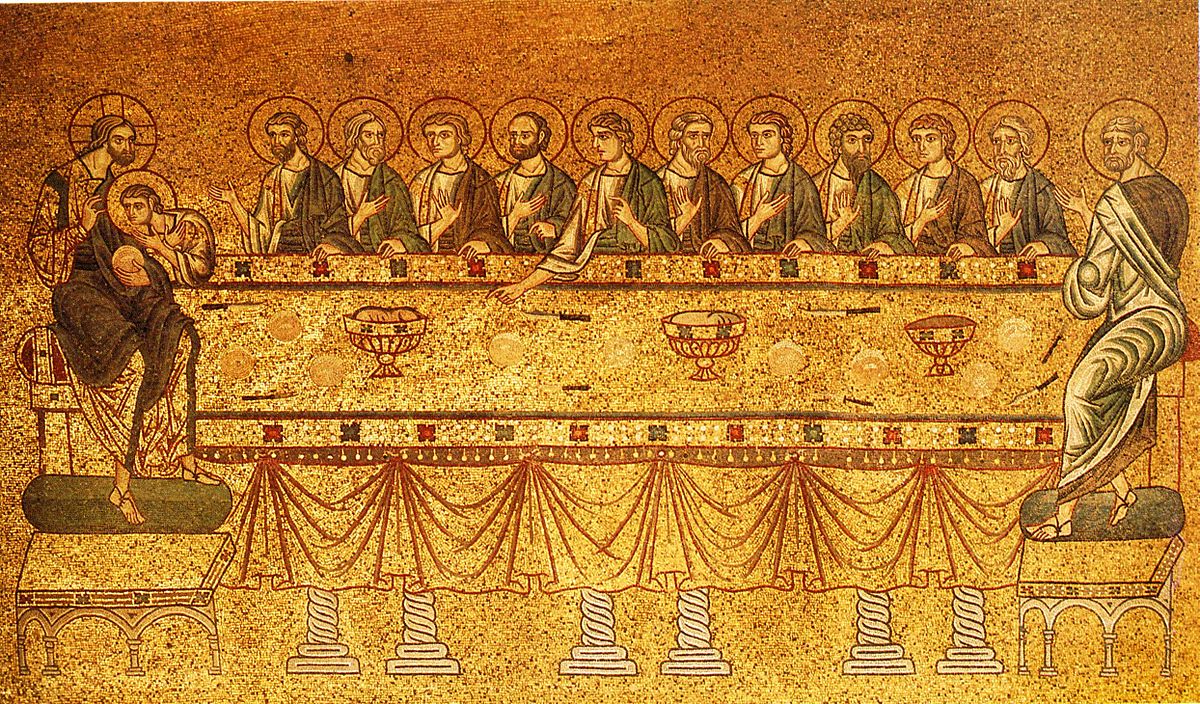
A priest who is both a theoretical physicist and a professor of philosophy clears up some common misconceptions about transubstantiation.
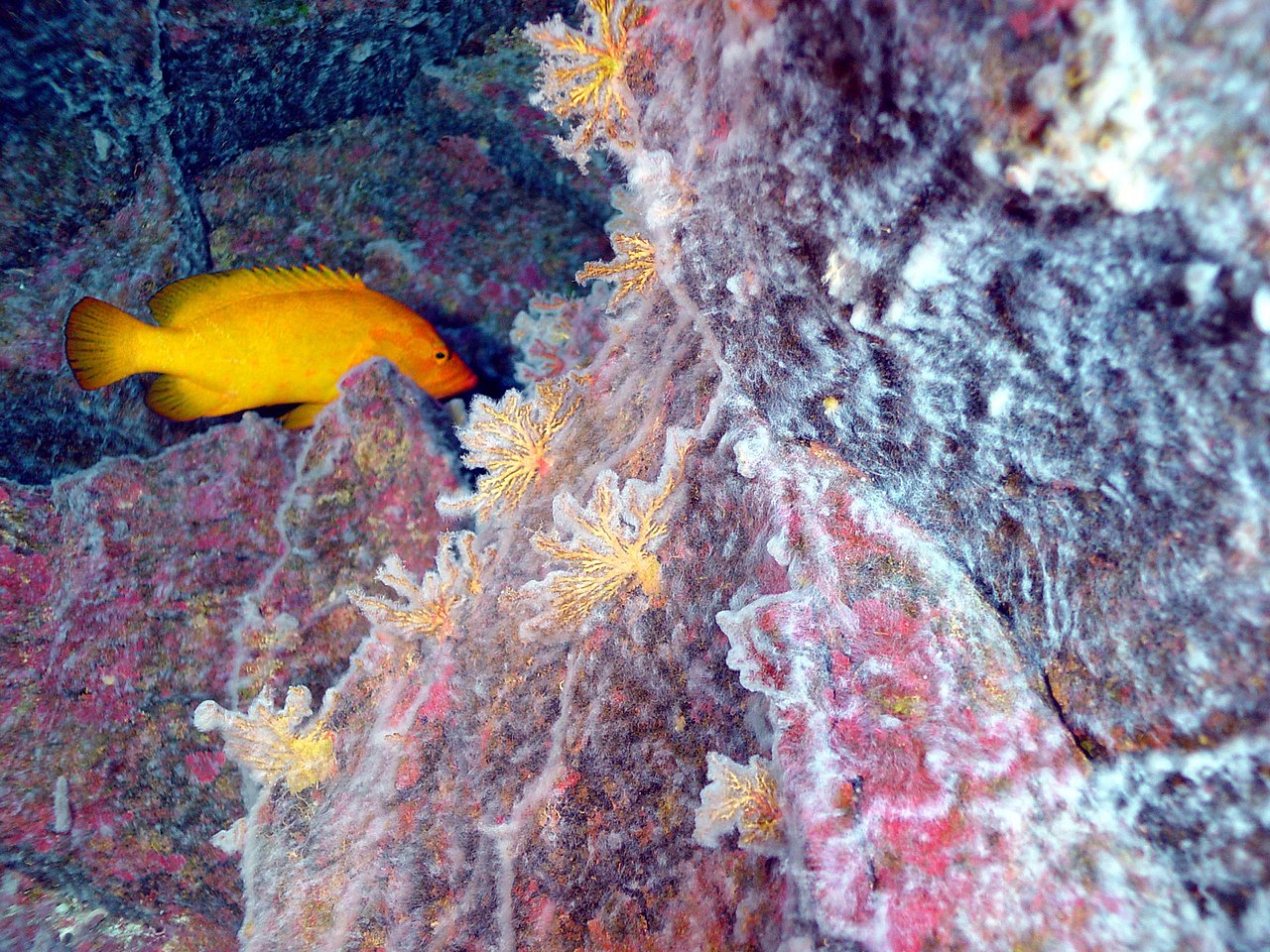
Some Christians raise theological objections to evolution. This article examines eight of the common ones and explains why they have no force from a Catholic point of view.
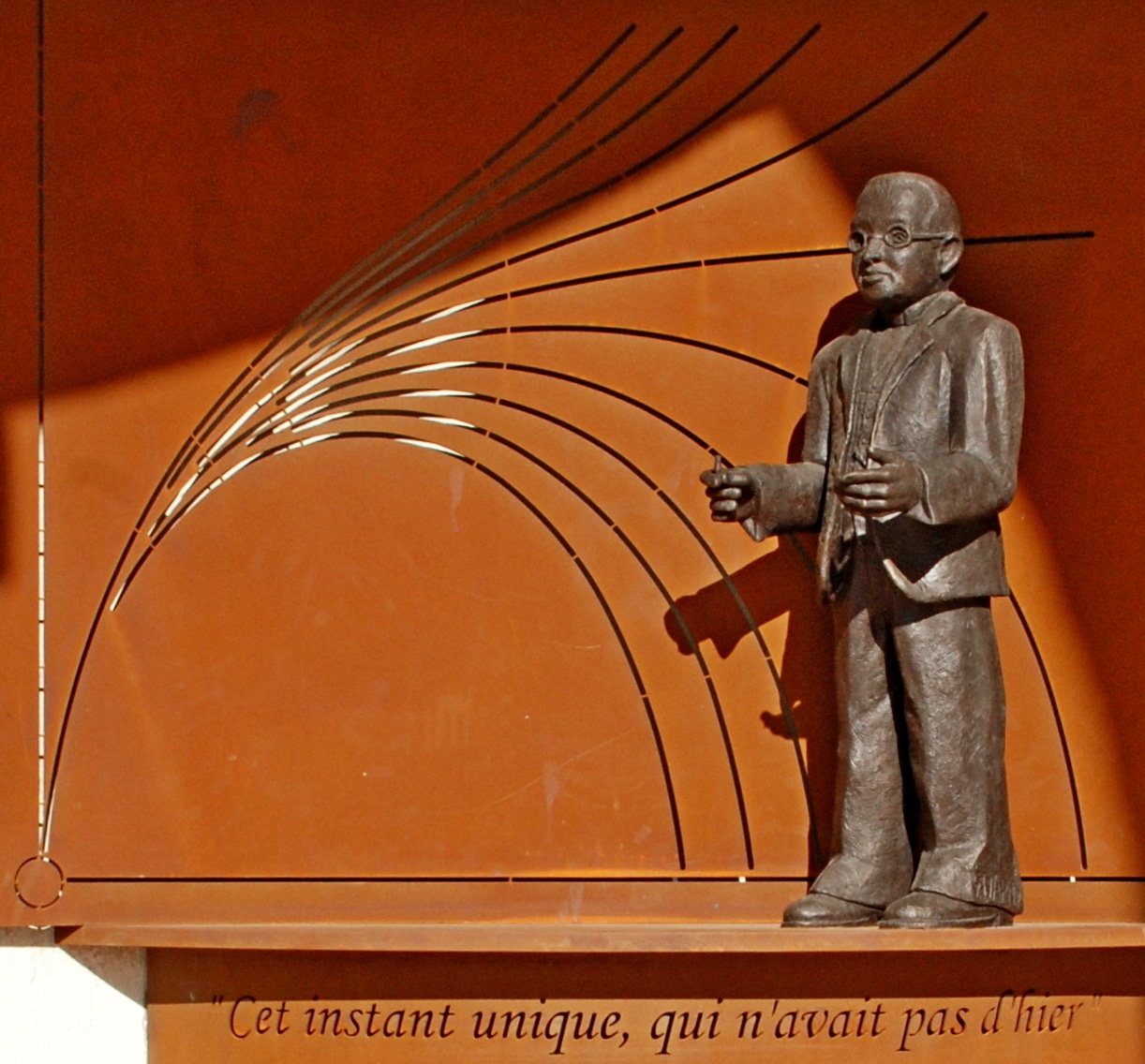
In a 1933 interview with the New York Times, Georges Lemaître, the theoretical physicist and Catholic priest who proposed the Big Bang theory, explained his views on the relation of science and faith.

The philosophy of “physicalism” says that all reality can be explained in purely physical terms; but consciousness shows this to be an inadequate view.

What is the state of the scientific evidence about sex-discordant gender identity?

In the last ten years, scientists have placed various components of the human brain into animals of other species. These experiments raise important questions.

We should move toward a more human, less reductive science of depression.
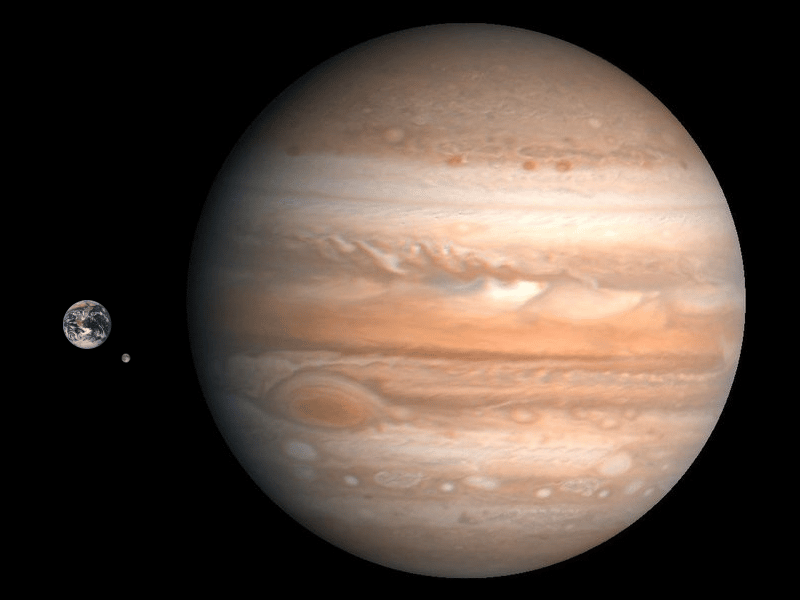
The Book of Genesis calls the Sun and Moon the “two great lights.” Here is the story of how Christian thinkers “followed the science” in interpreting this, with an ironic twist in the plot.

The Church has a rich tradition of reflection on the natural environment. Part I of this article takes us from Pope St. John Paul II to Pope Francis.

The Church has a rich tradition of reflection on the natural environment. Part I of this article takes us from St. Augustine to St. Thomas Aquinas.
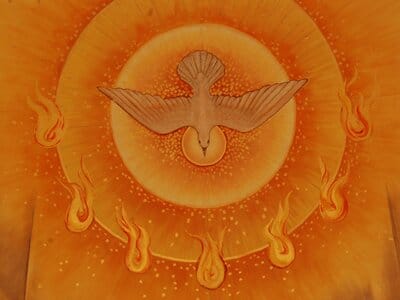
A priest-theologian-biologist reflects on how God loves of Creation and we should.
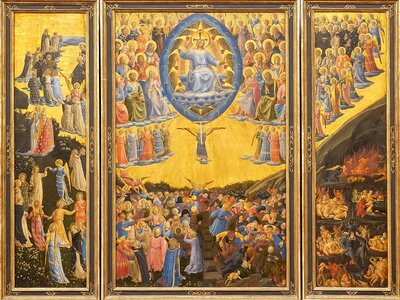
Are there “laws of physics” in heaven?
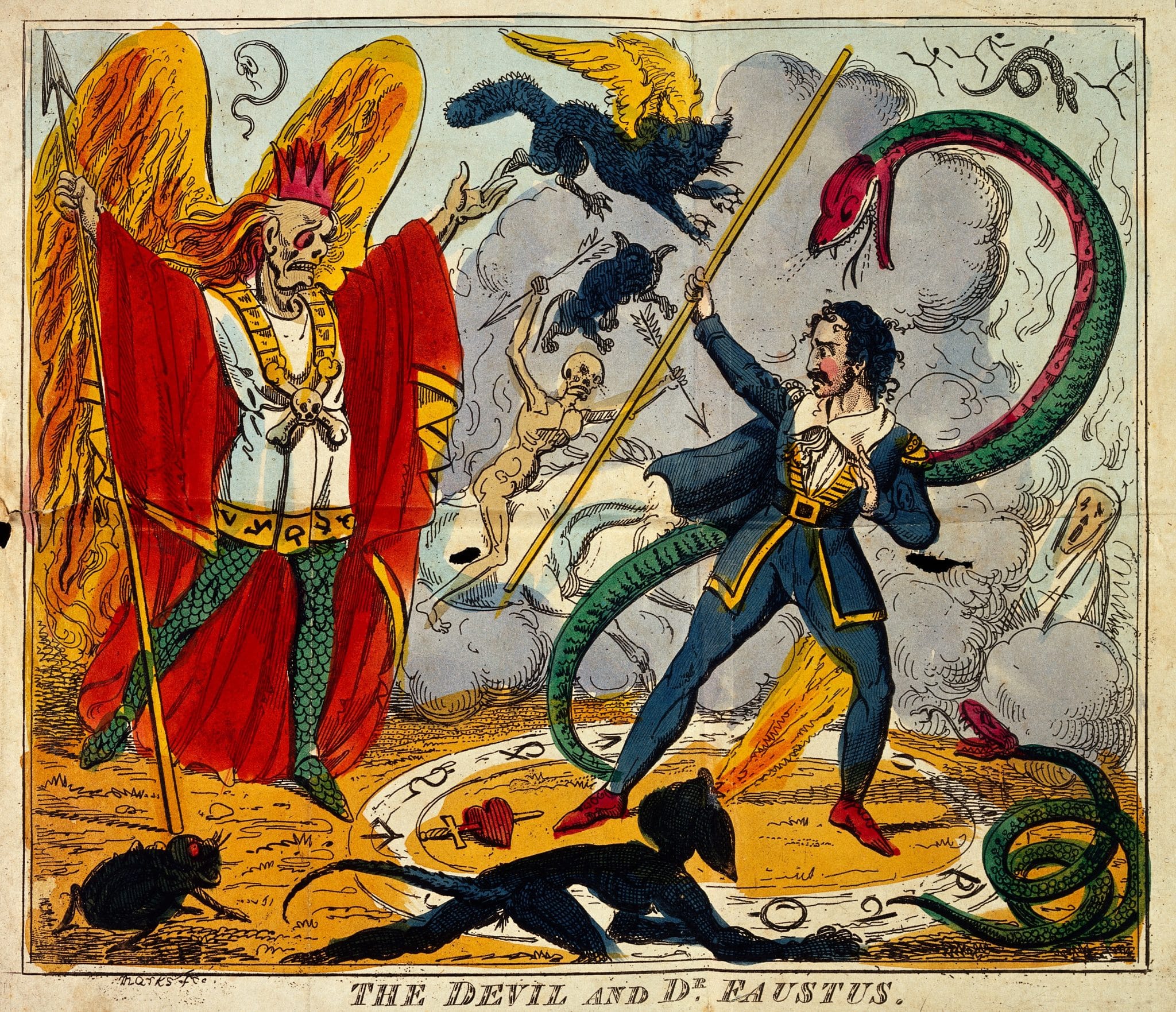
Franciscan priest and former biochemist tells how his philosophical journey started with the question “What is a human being?”
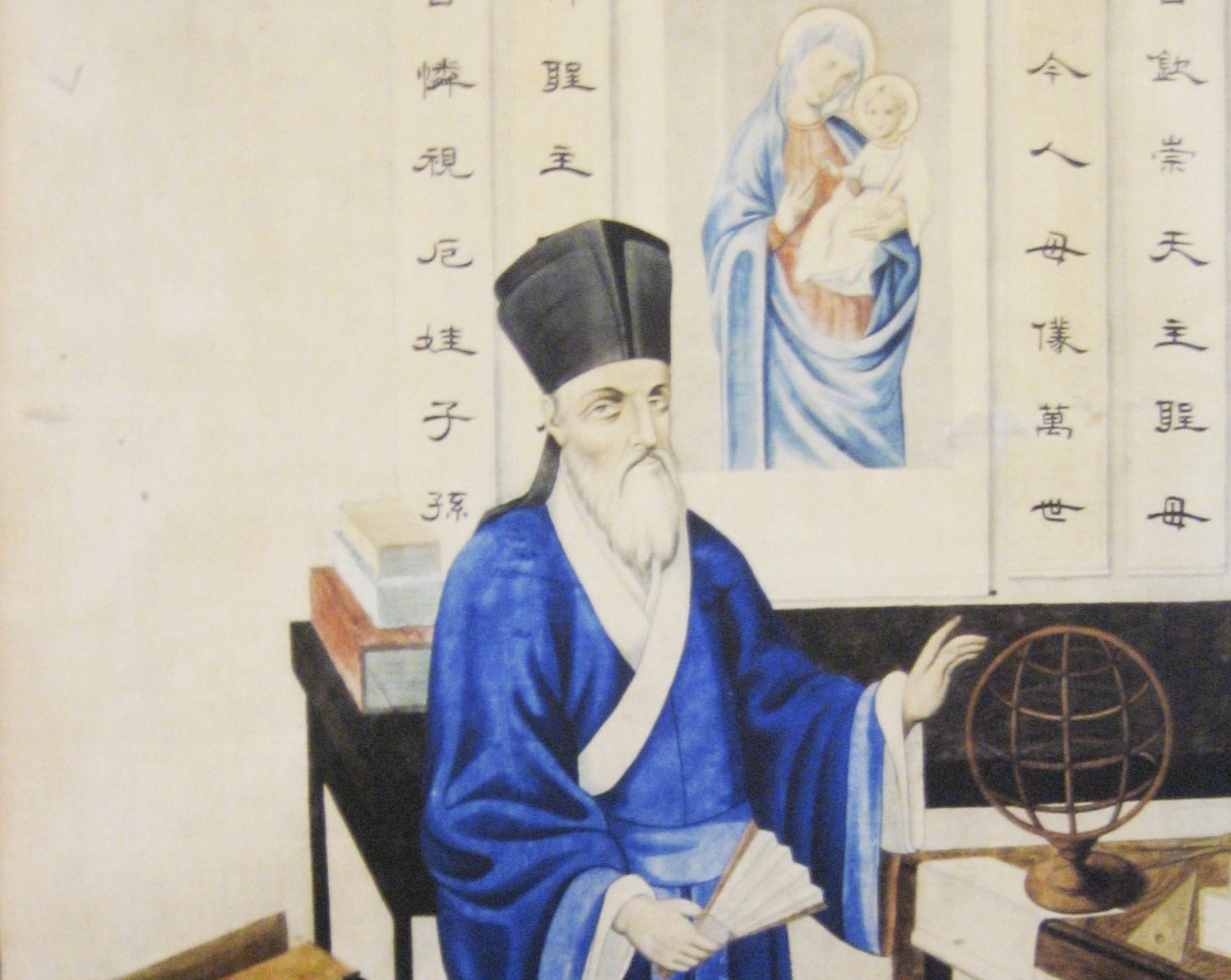
The remarkable story of the Jesuit astronomers in China.

A priest-scientist who was an early champion of evolution.
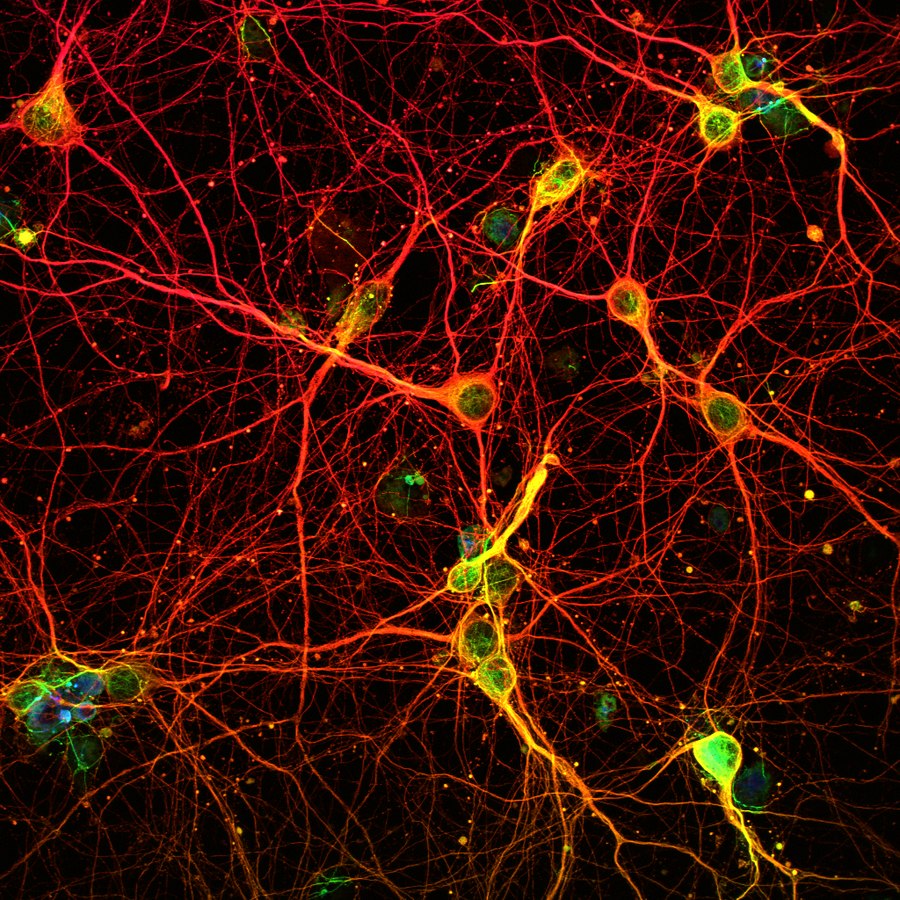
Reports that neuroscience has disproved free will are mistaken.
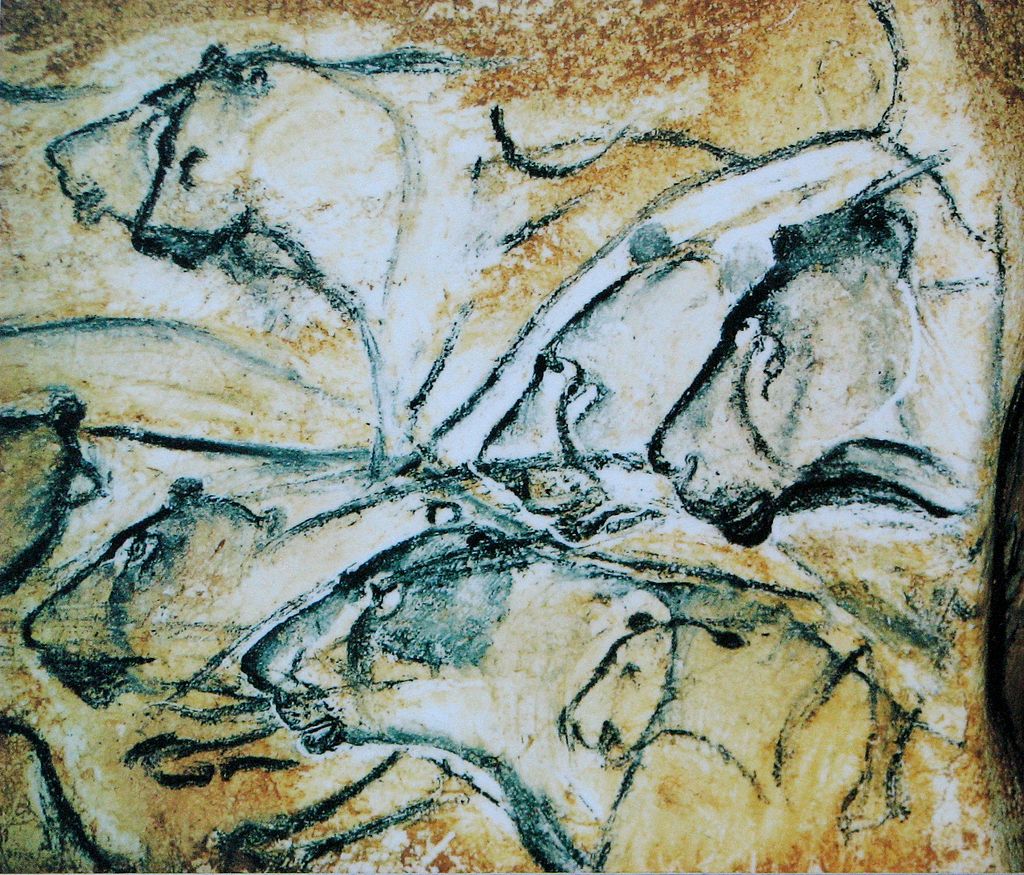
Dorothy Garrod crossed many boundaries: a pioneer scientist and Catholic convert.
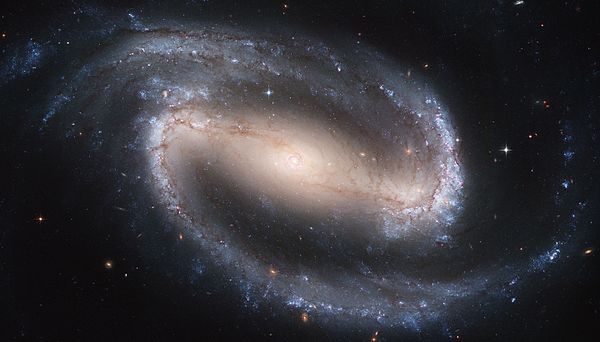
Many features of the fundamental laws of physics seem to be “just right” to make life possible.
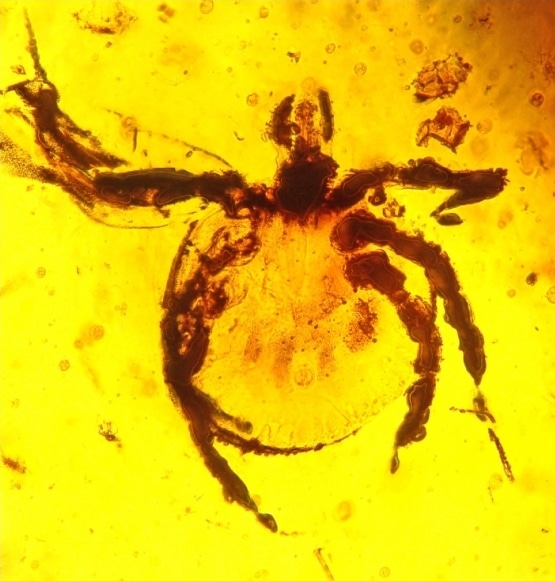
Prof. Kemp gives an overview of the history of Catholic evolutionist thinking and the Church’s reception of it.
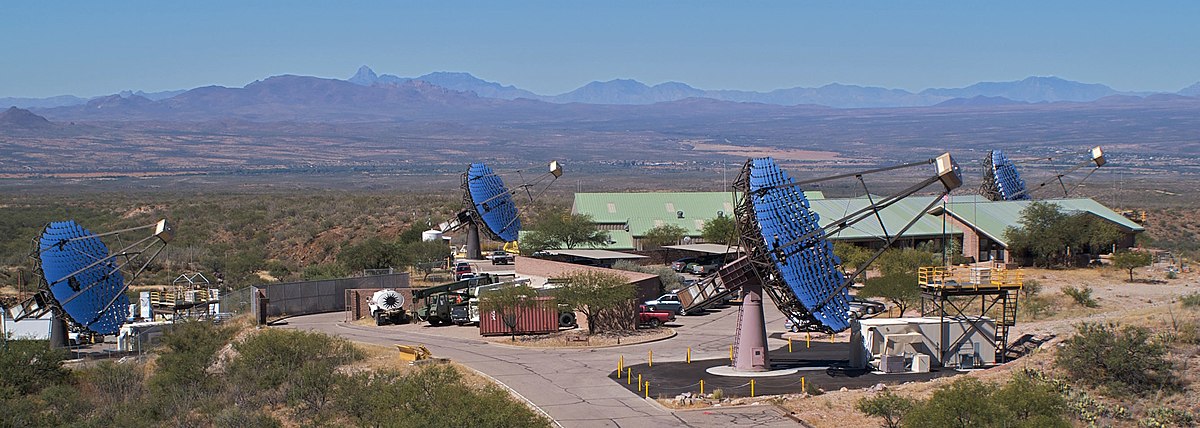
A republication of a 1946 article by Physics Nobel Prize winner Victor F. Hess, in which he discusses his Catholic faith.
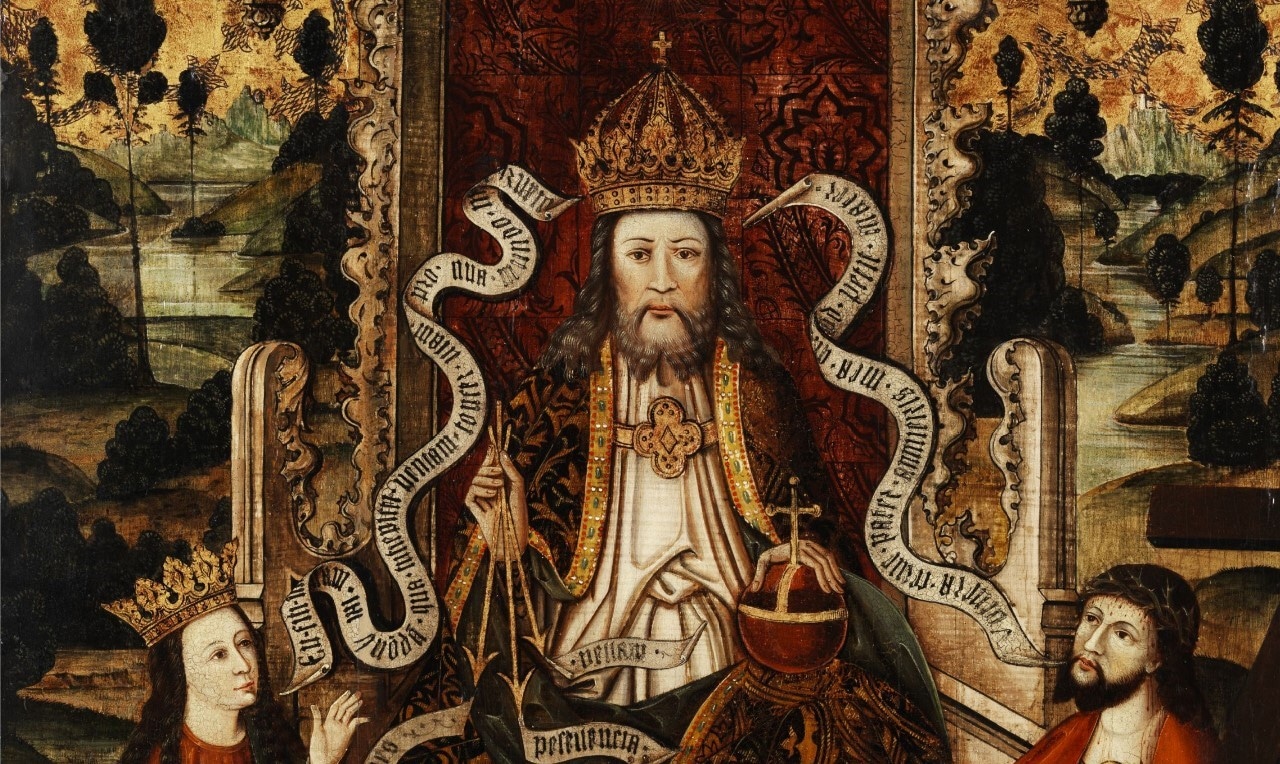
A historian expains how the concept of “laws of nature” has roots in Christian belief.
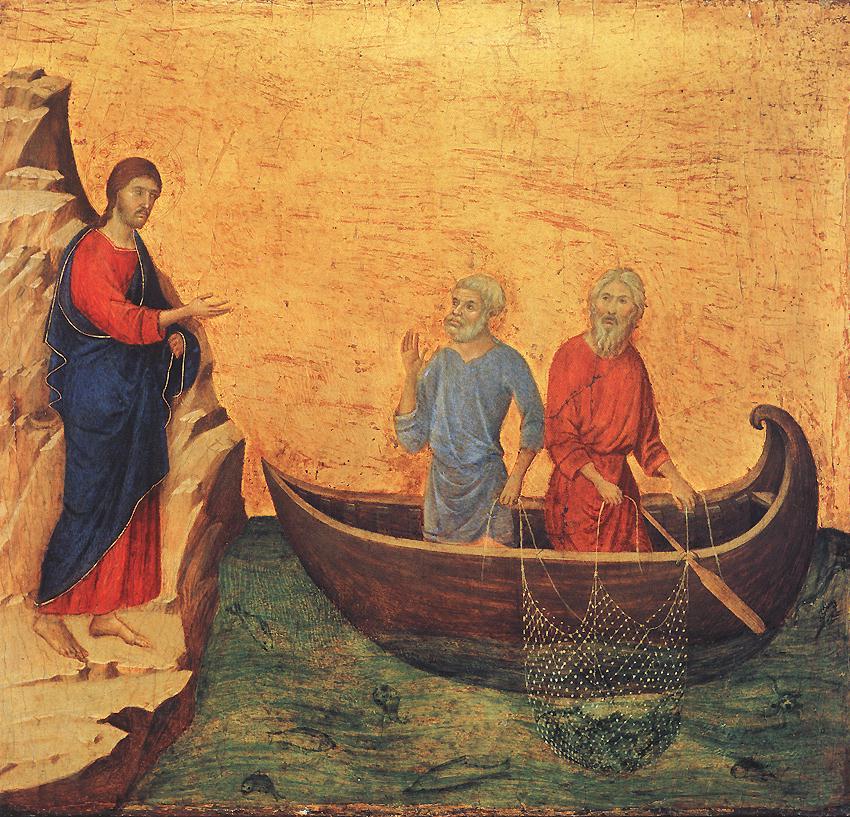
A Catholic scientist explains how scientific work can be a training ground for a life of faith.
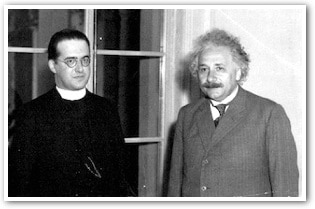
The scientific community is now recognizing the enormous achievement of the humble priest (and brilliant theoretical physicist) Georges Lemaître who proposed the Big Bang theory 90 years ago.
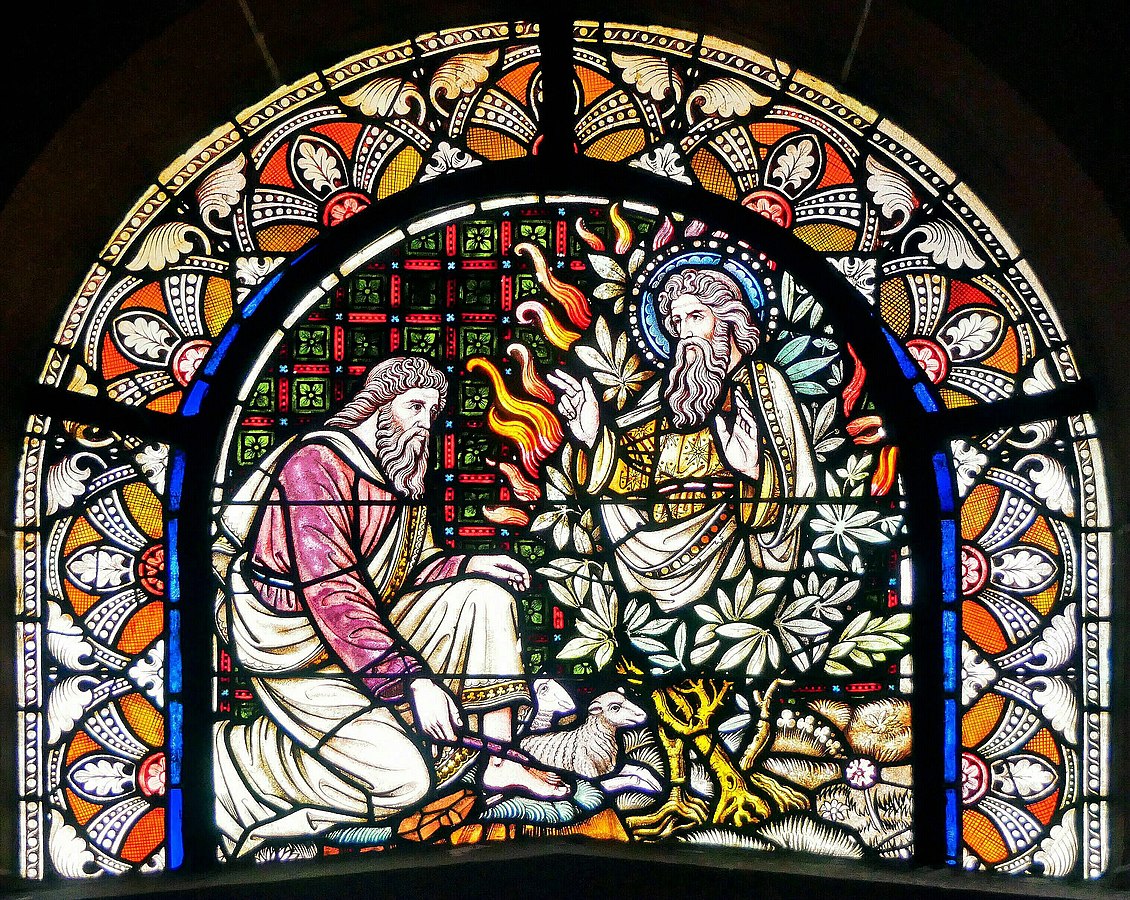
Some people argue that it is irrational to believe in God, since his existence cannot be tested empirically. Does this argument make philosophical sense?

A neuroscientist explains why he rejects the radical reductionism that claims to explain away the mind as “nothing but” the motion of matter.
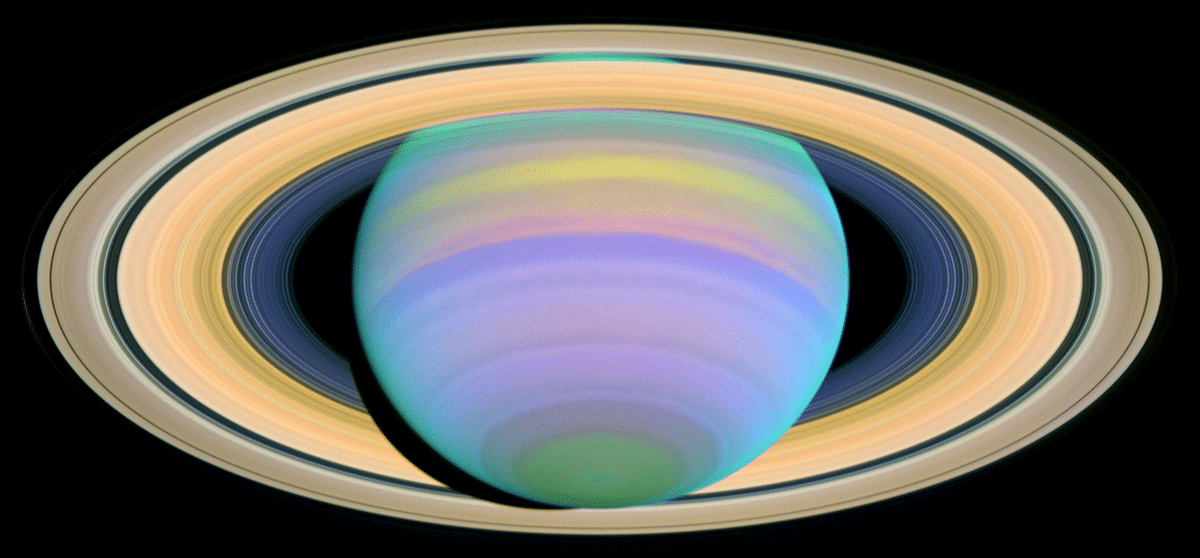
The orderliness, lawfulness, harmony and beauty of the cosmos gives evidence of God.
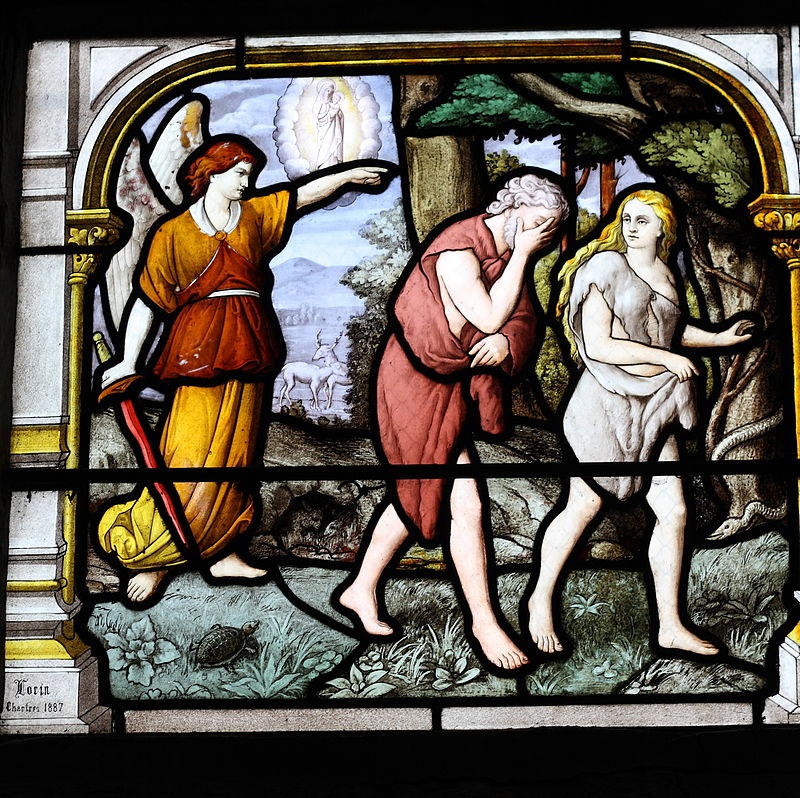
Prof. Kemp reviews a recent book on how to reconcile traditional Christian teaching about Adam and Eve and Original Sin with the facts about human origins discovered by modern evolutionary biology and genertics.
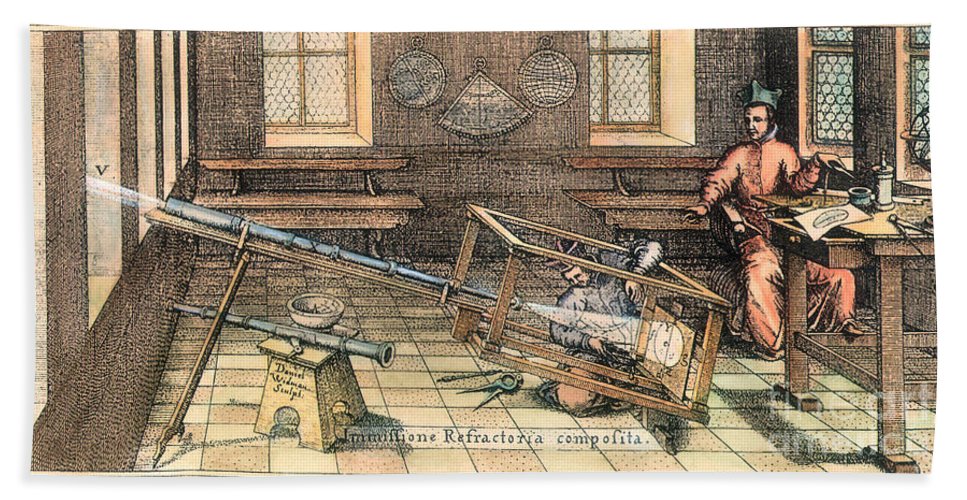
This article explores two consistent principles that have guided her understanding of the relation of faith and science. This is a sequel to the article “The Faith-Science War Debunked.”
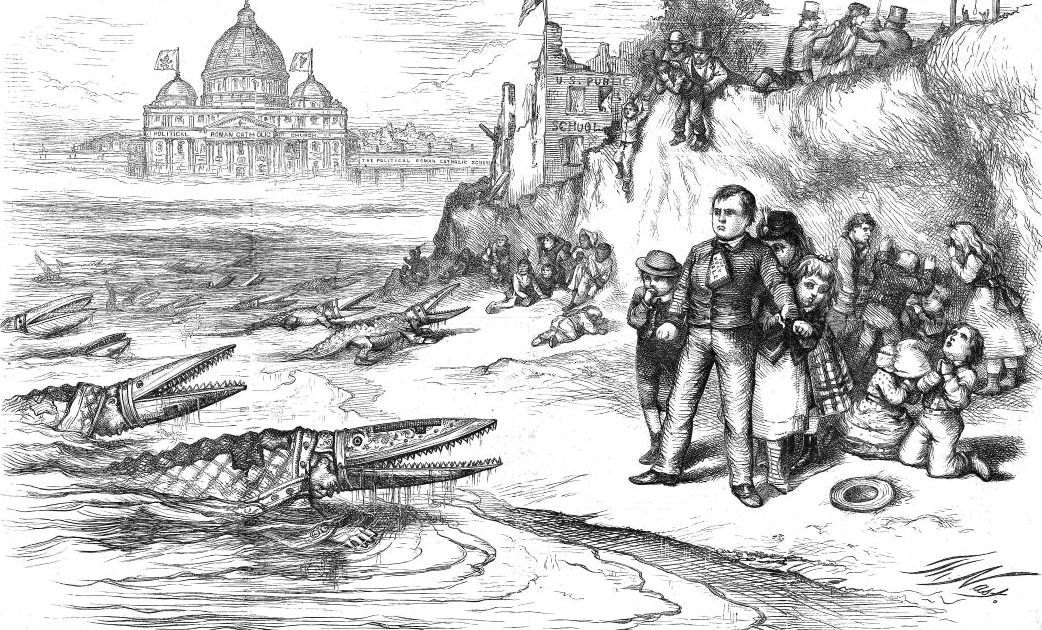
This article explores the 19th-century origins of the myth that the Church has historically been “at war” with modern science. This is the first of a pair of articles: the second is “The Catholic Tradition and Science.”
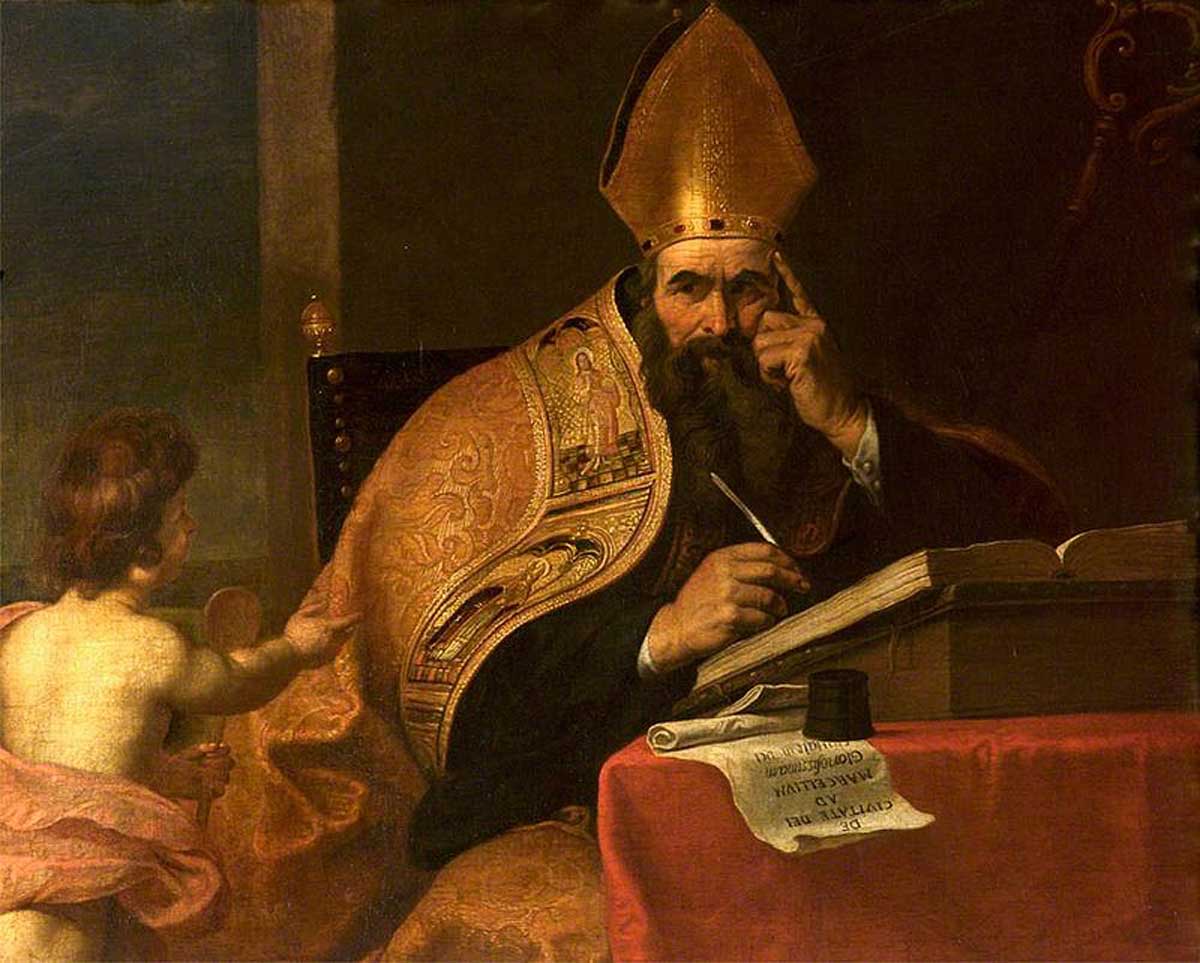
St. Augustine was fifteen centuries ahead of his time in his thinking on the nature of time.

The Copernican Revolution was not what you think.

The real roots of science lie in wonder at the beauty of the cosmos, which also the cure to reductionism ideology.
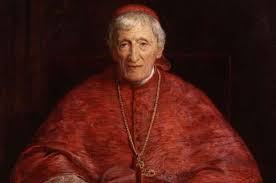
The great theologian and saint saw clearly why true relgion has nothing to fear from the discoveries of modern science.
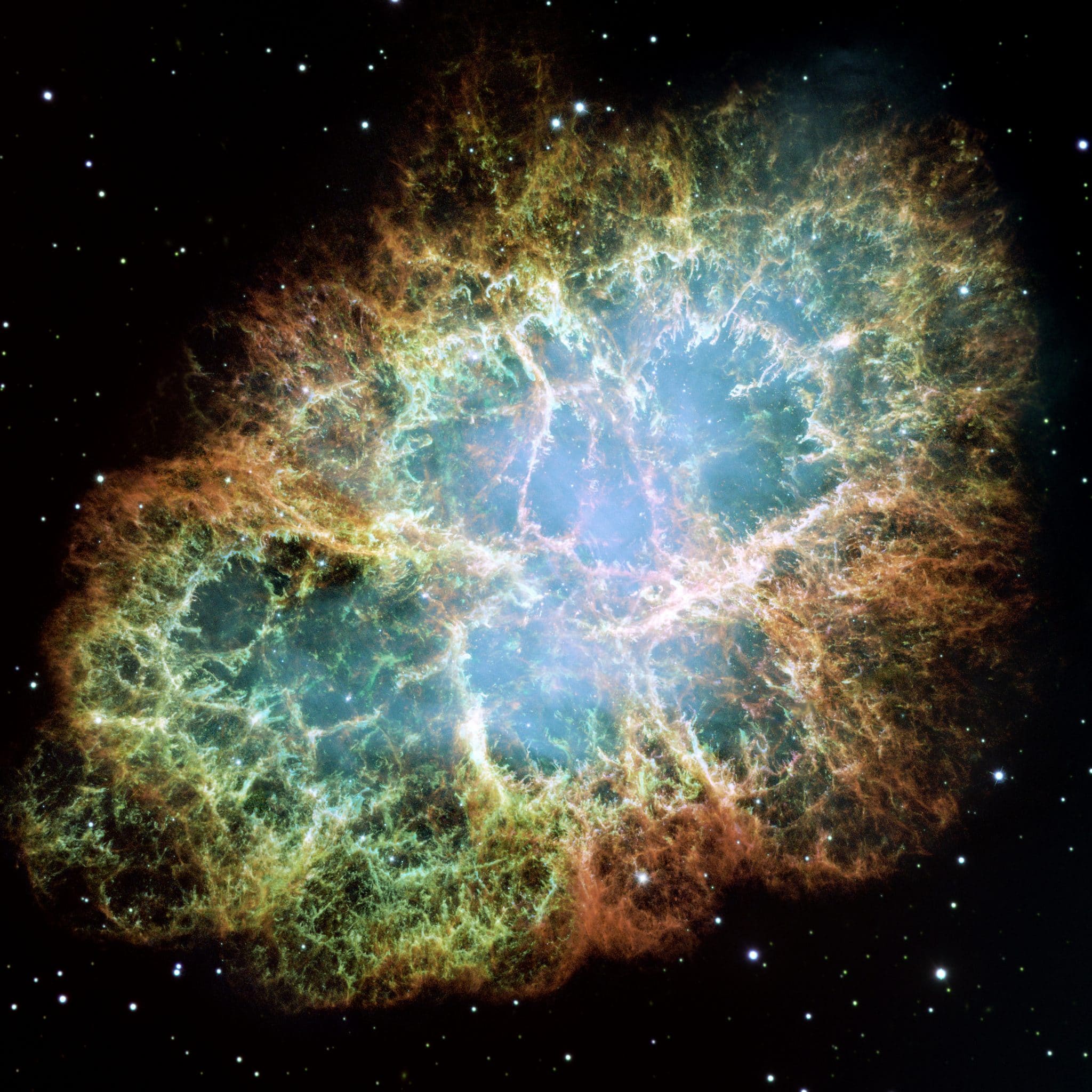
Many peculiar myths about religion circulate among scientists.
The Society of Catholic Scientists is an international organization that fosters fellowship among Catholic scientists and witnesses to the harmony of faith and reason.
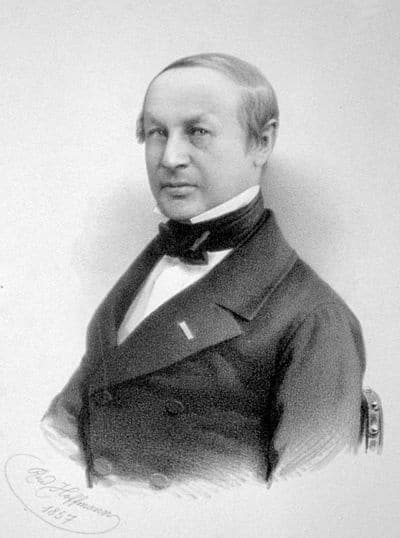
Every week we feature a new Catholic science great of the past. It is our hope that these biographies will be useful to teachers, students, and the general public.
Read More >